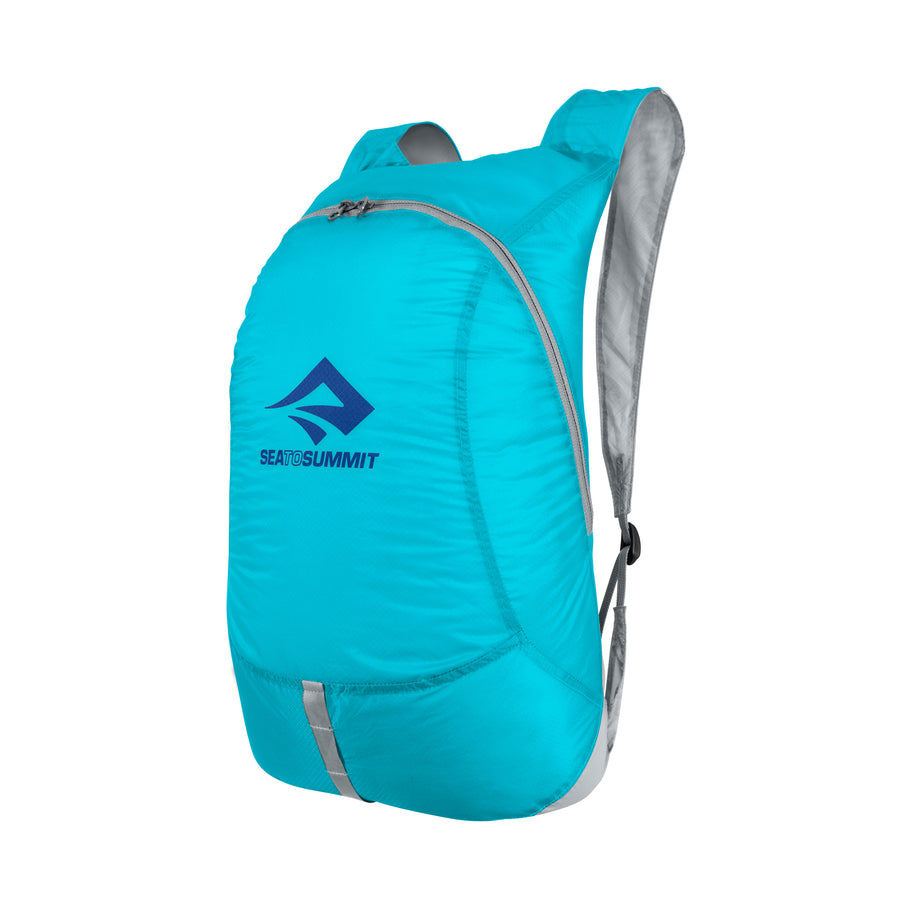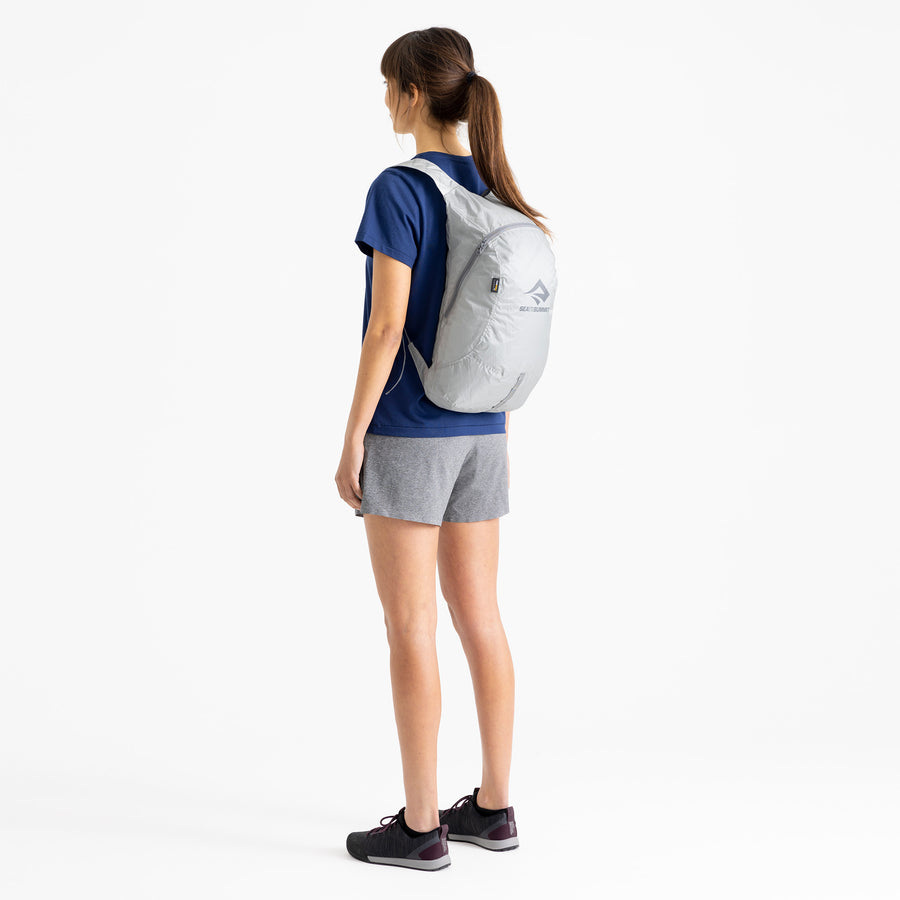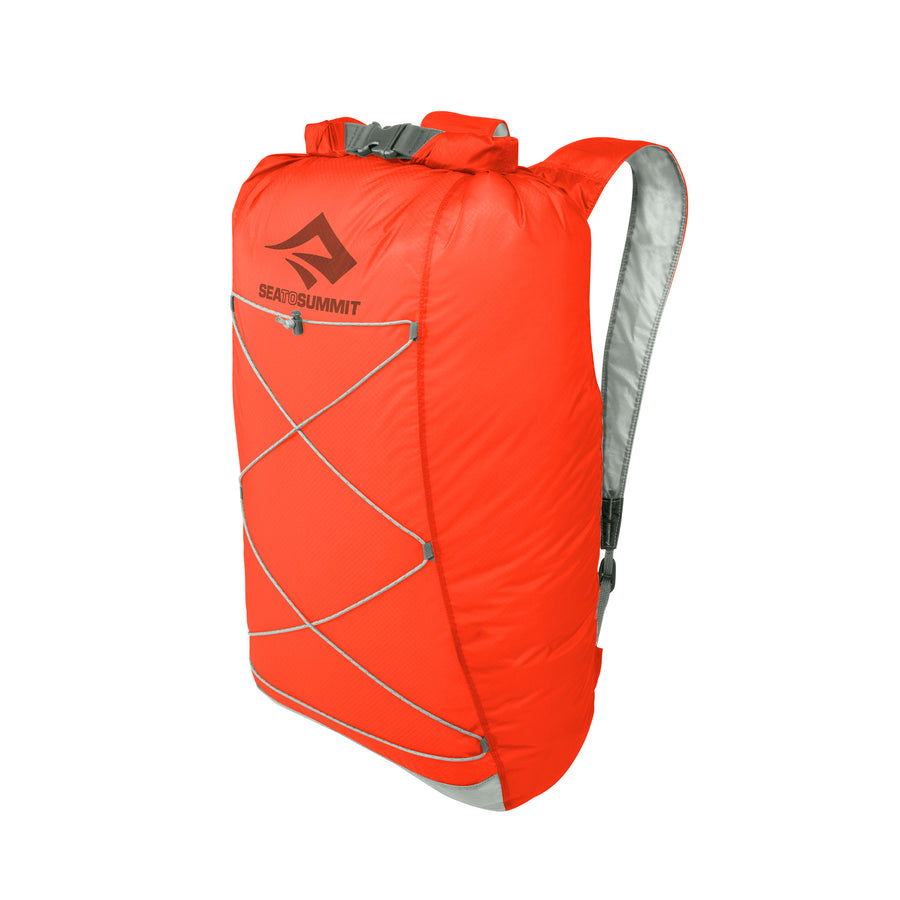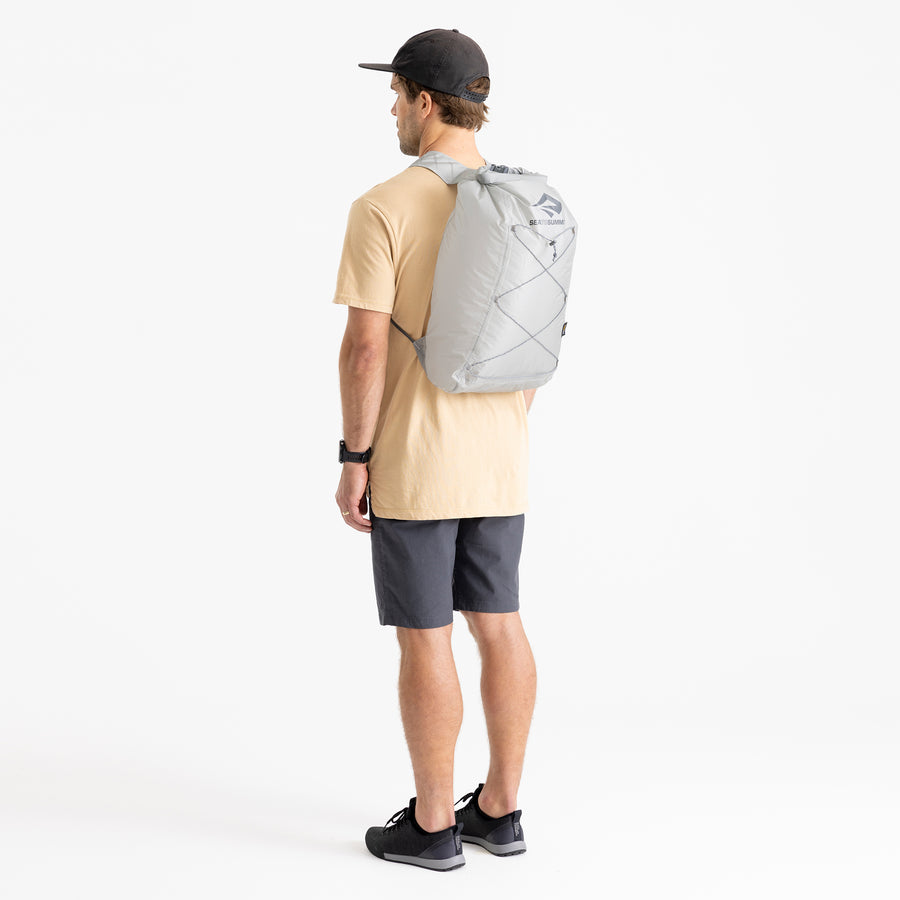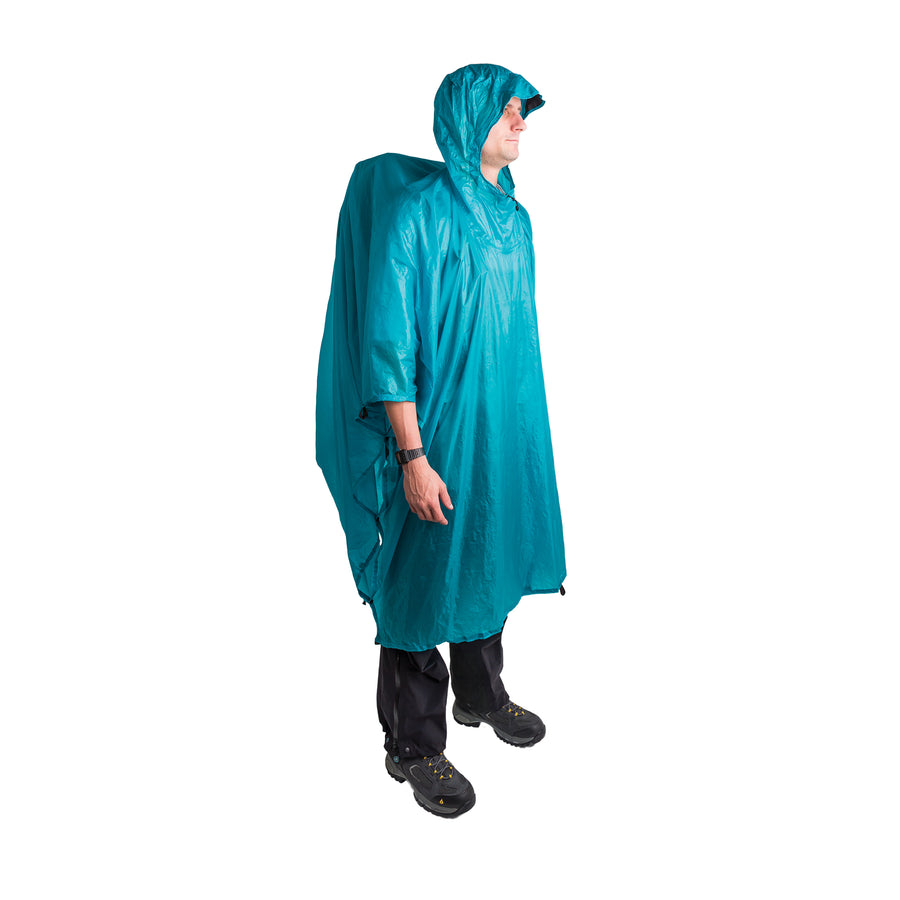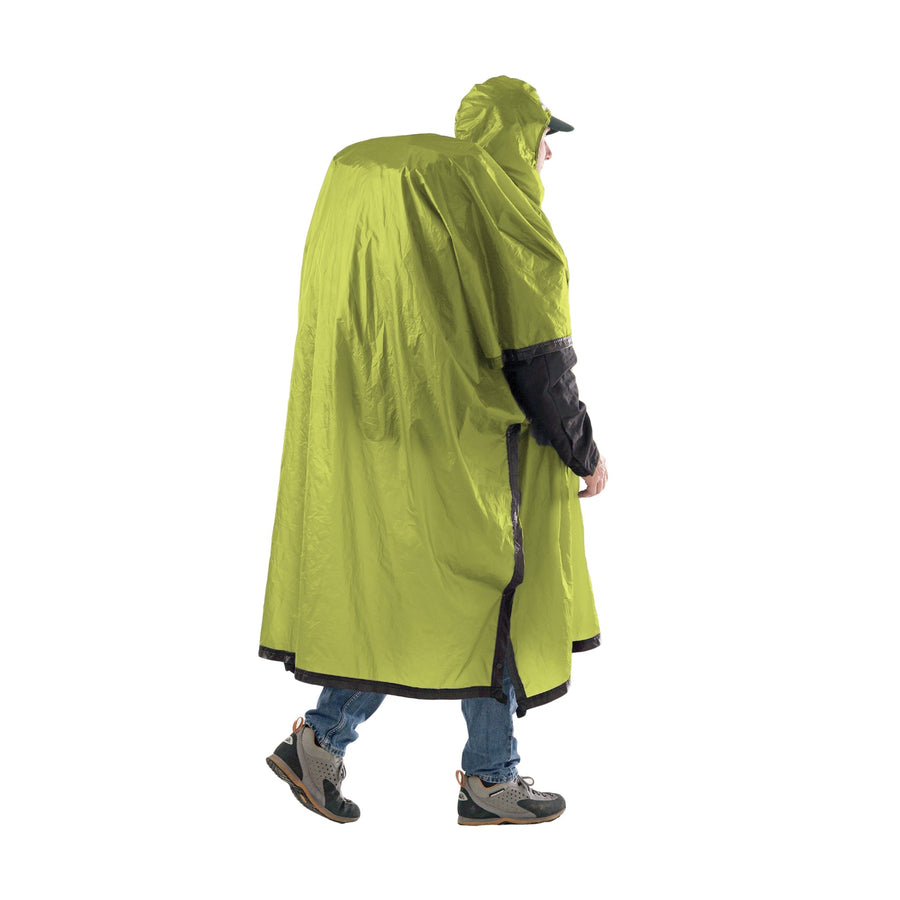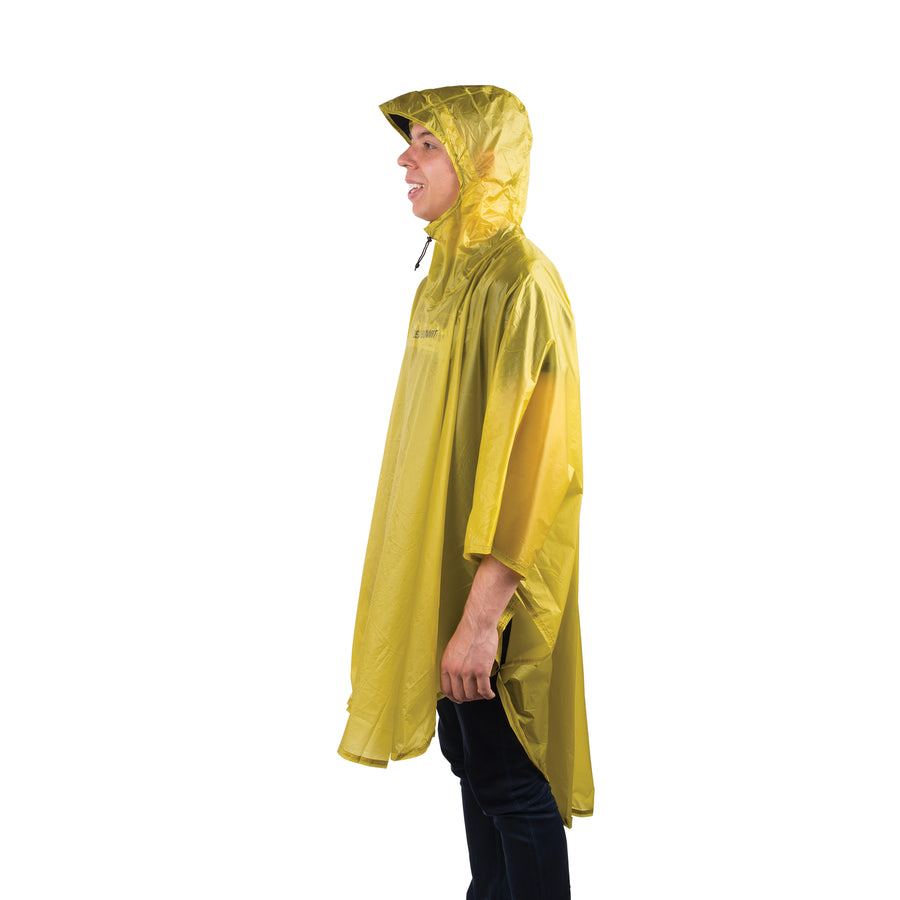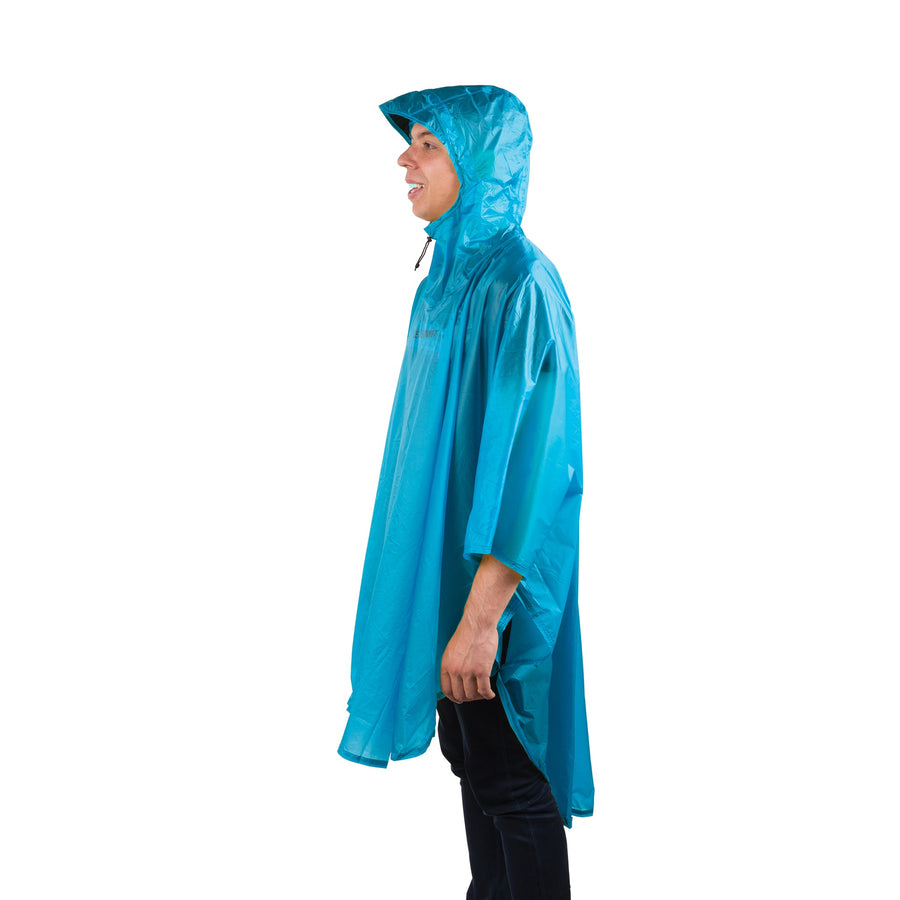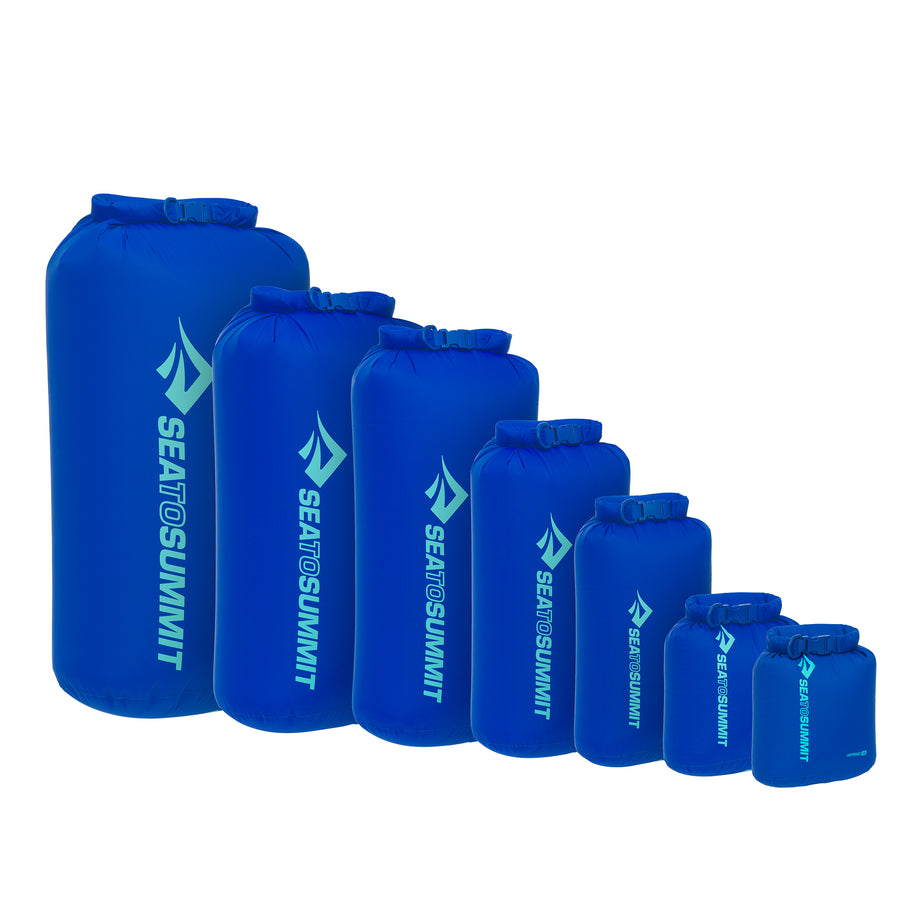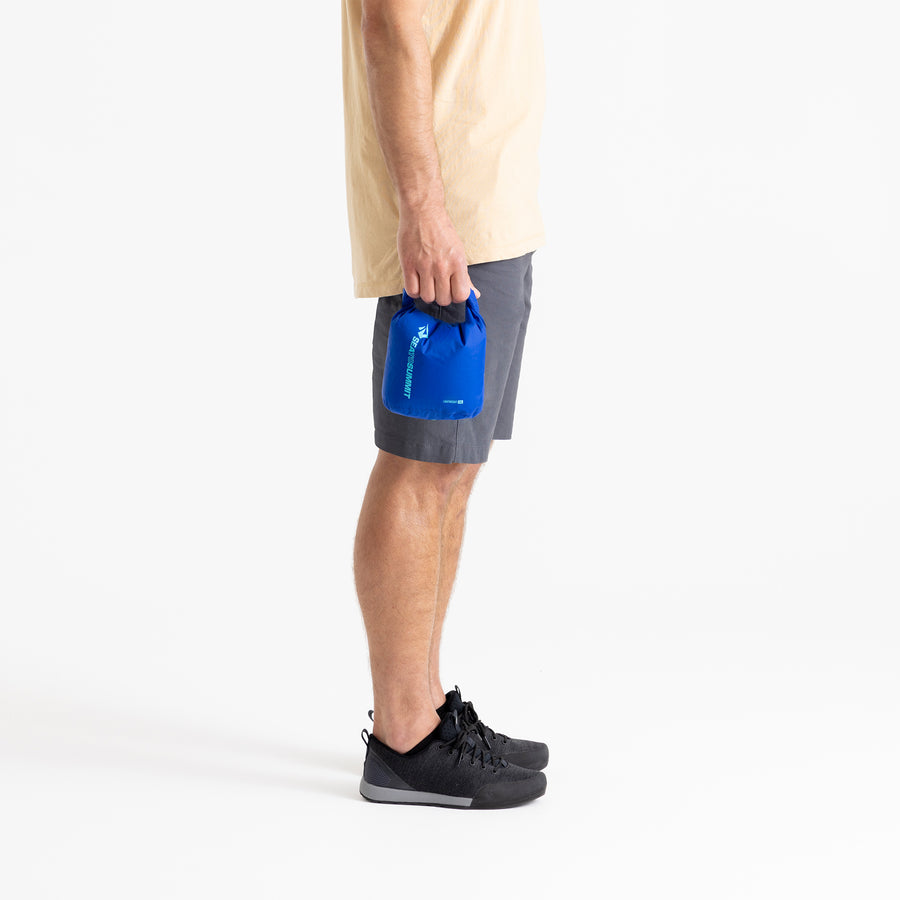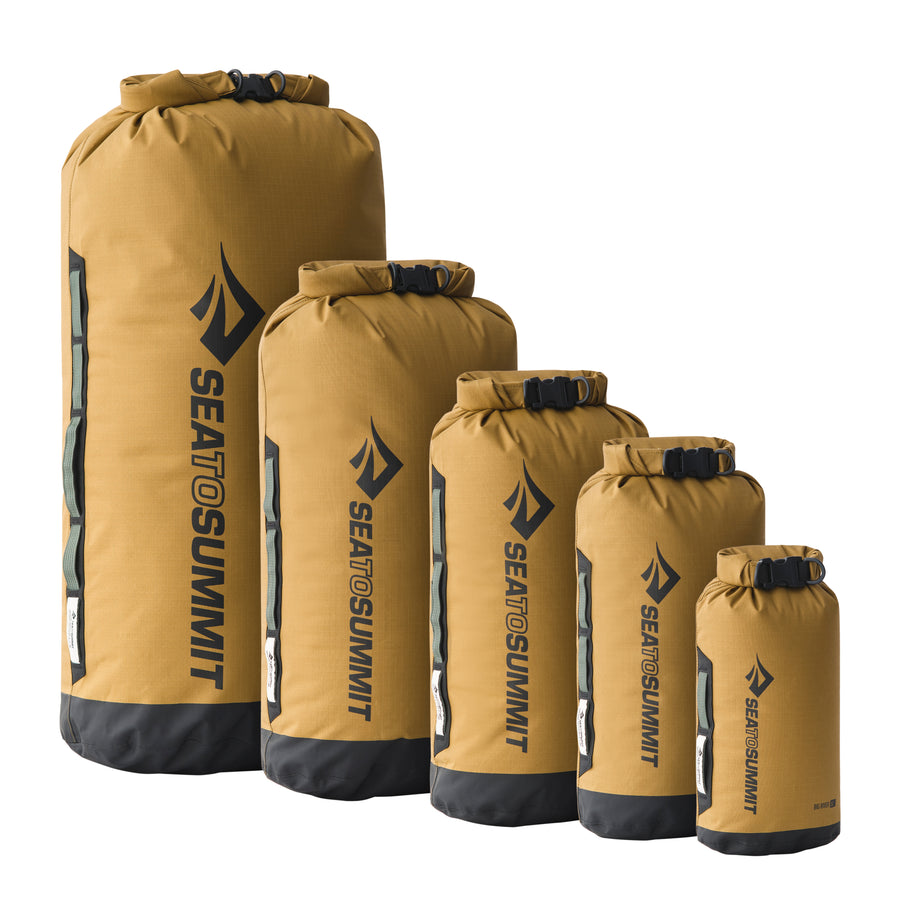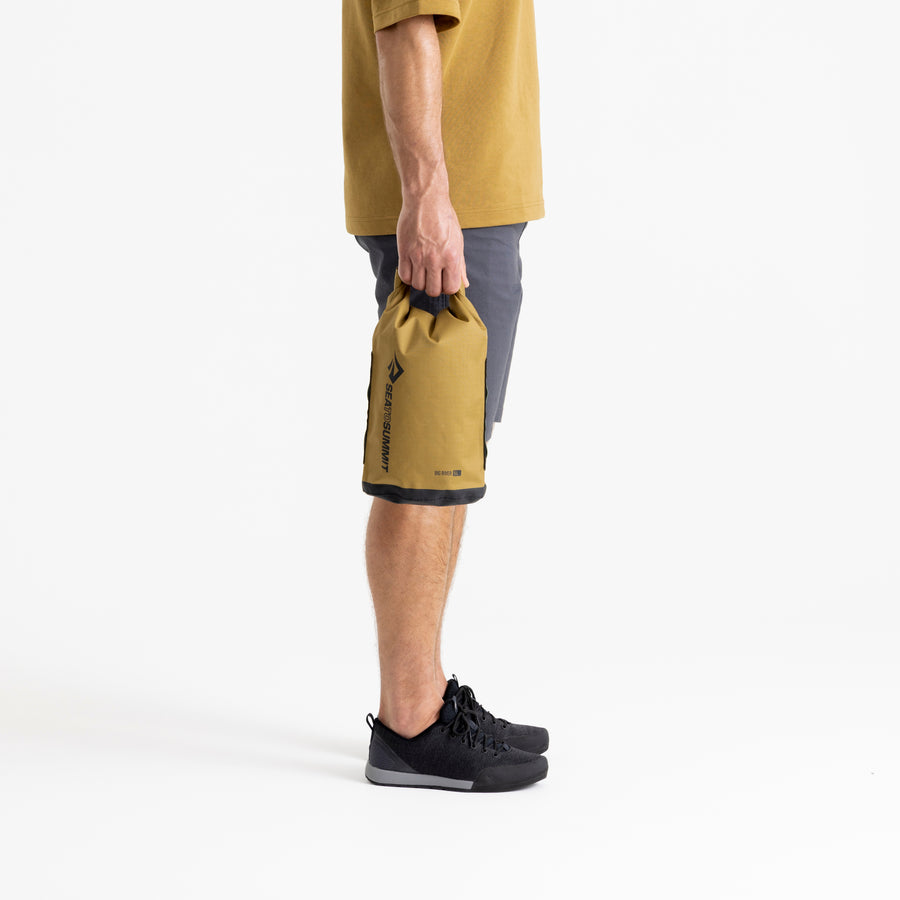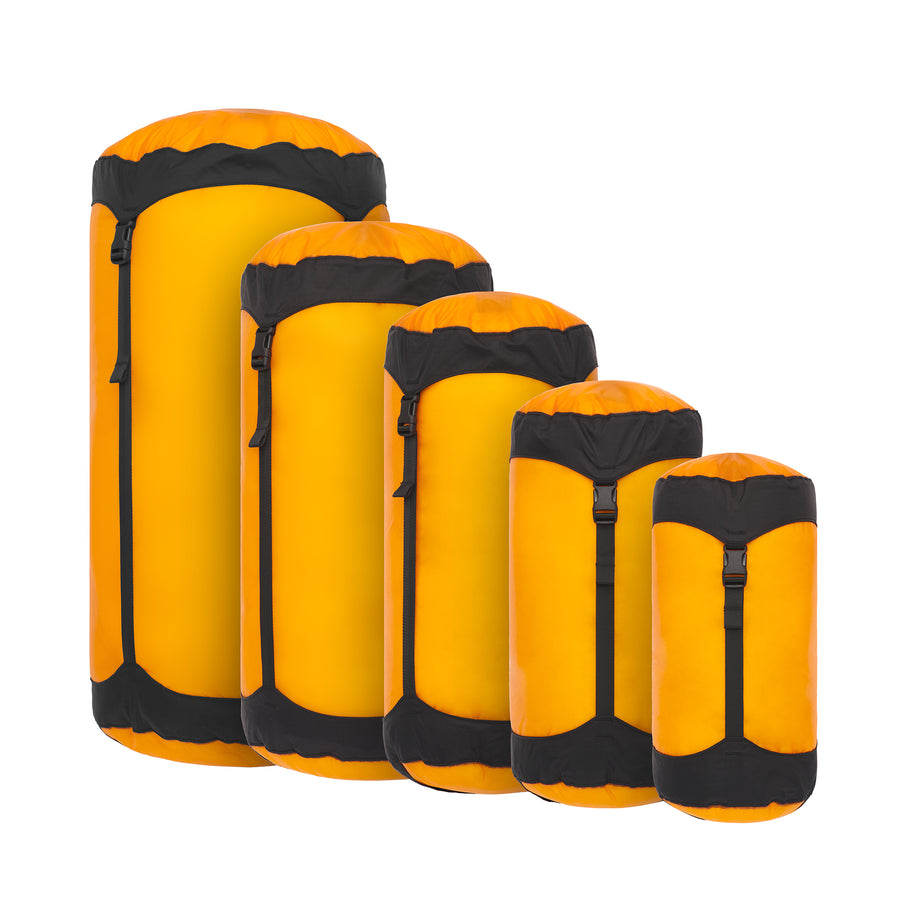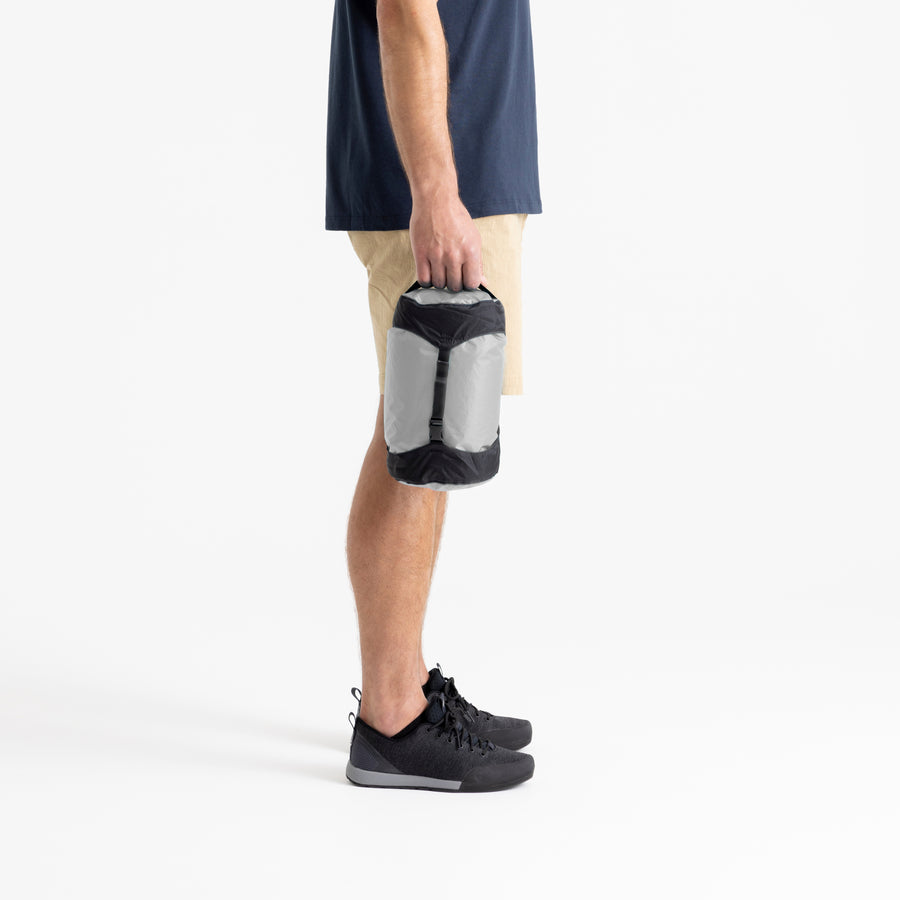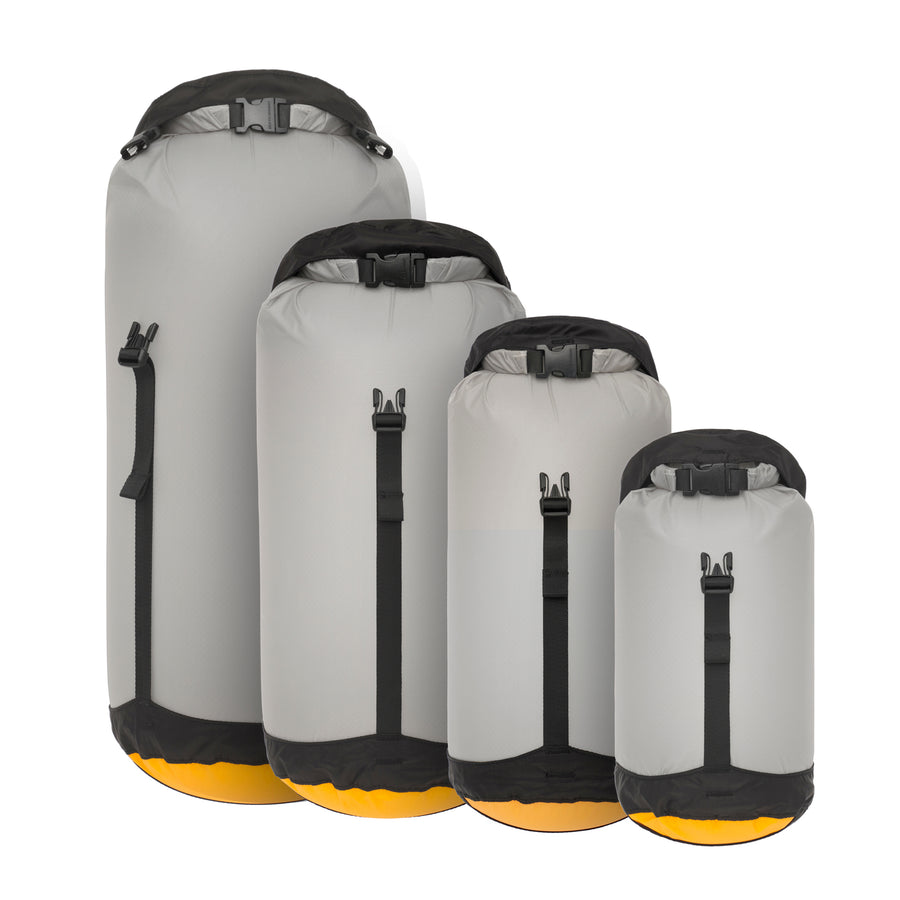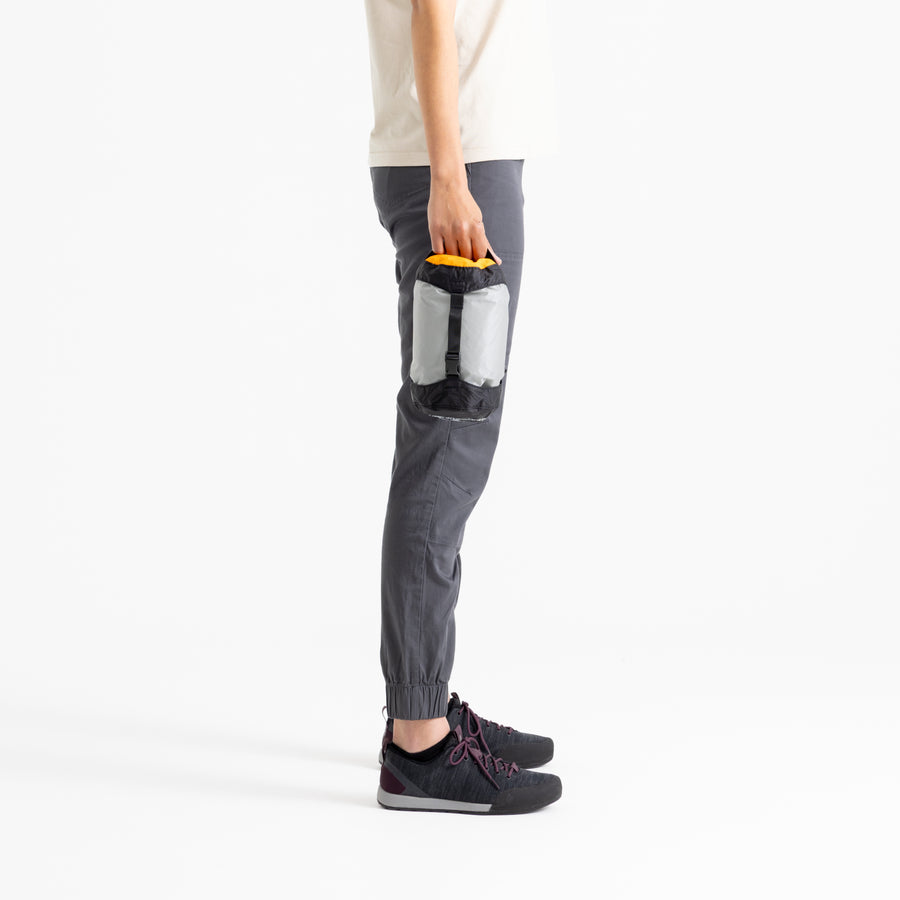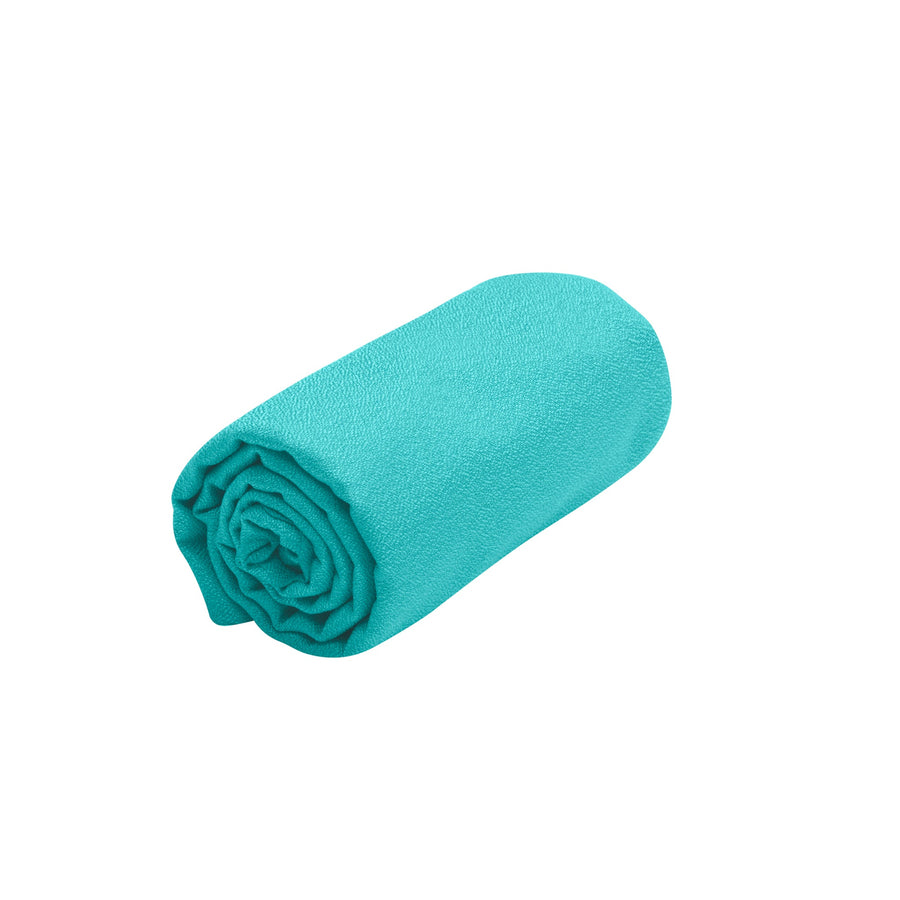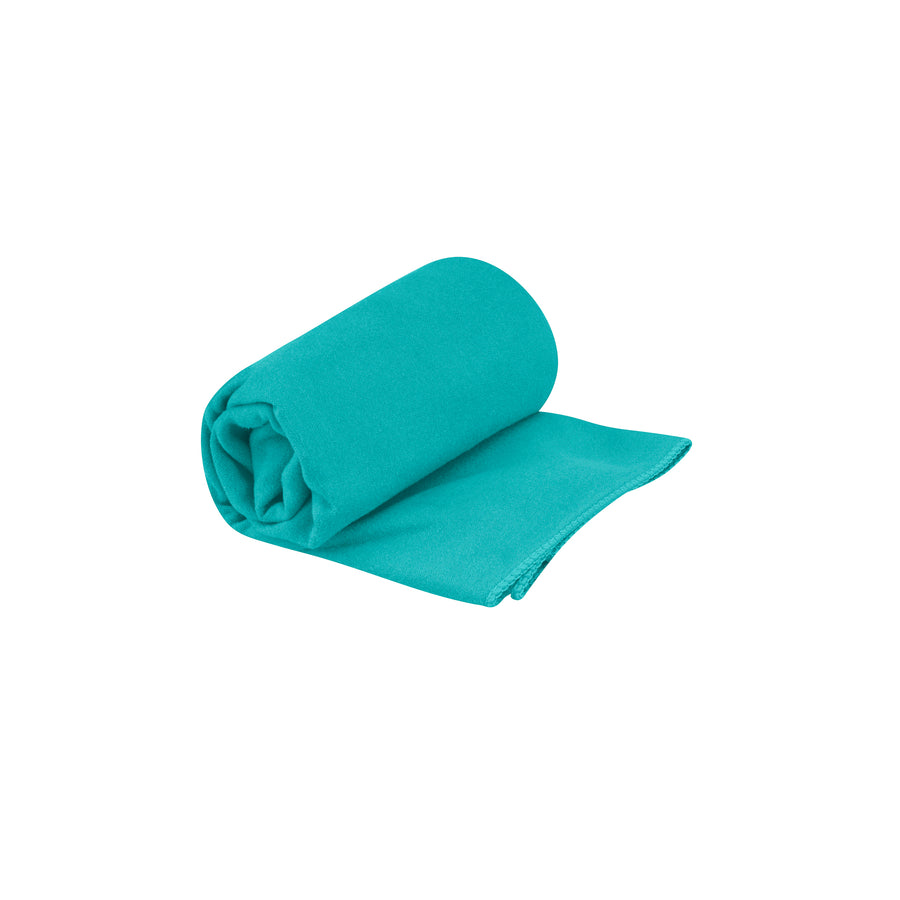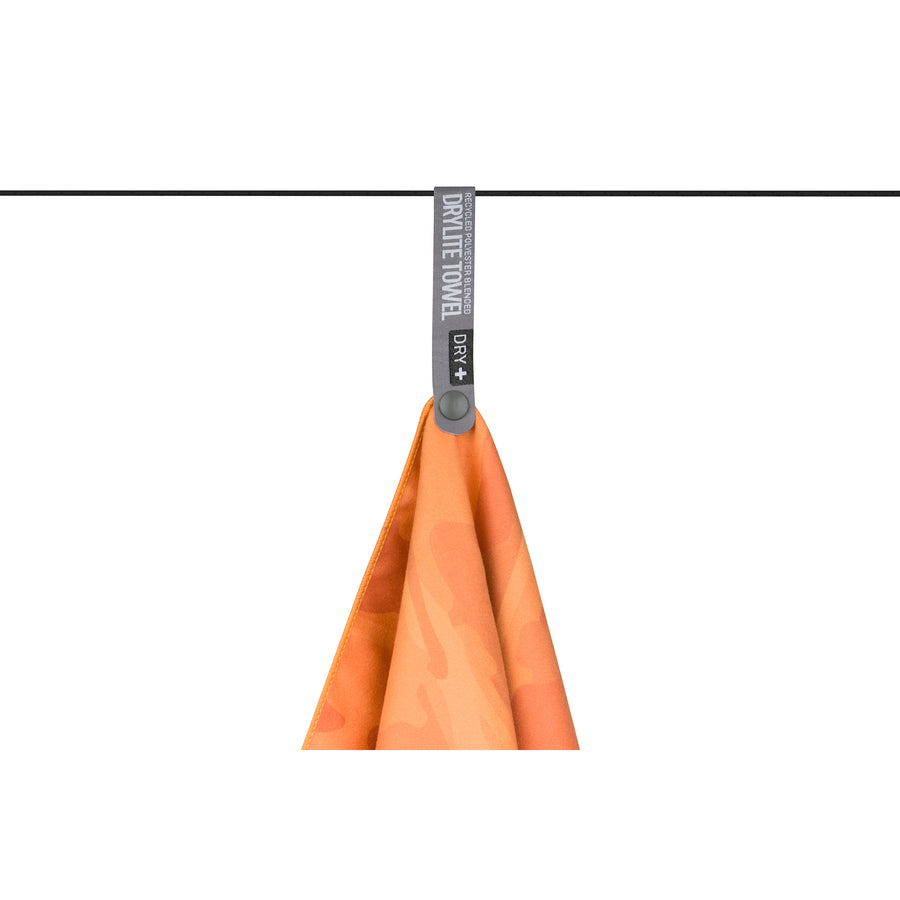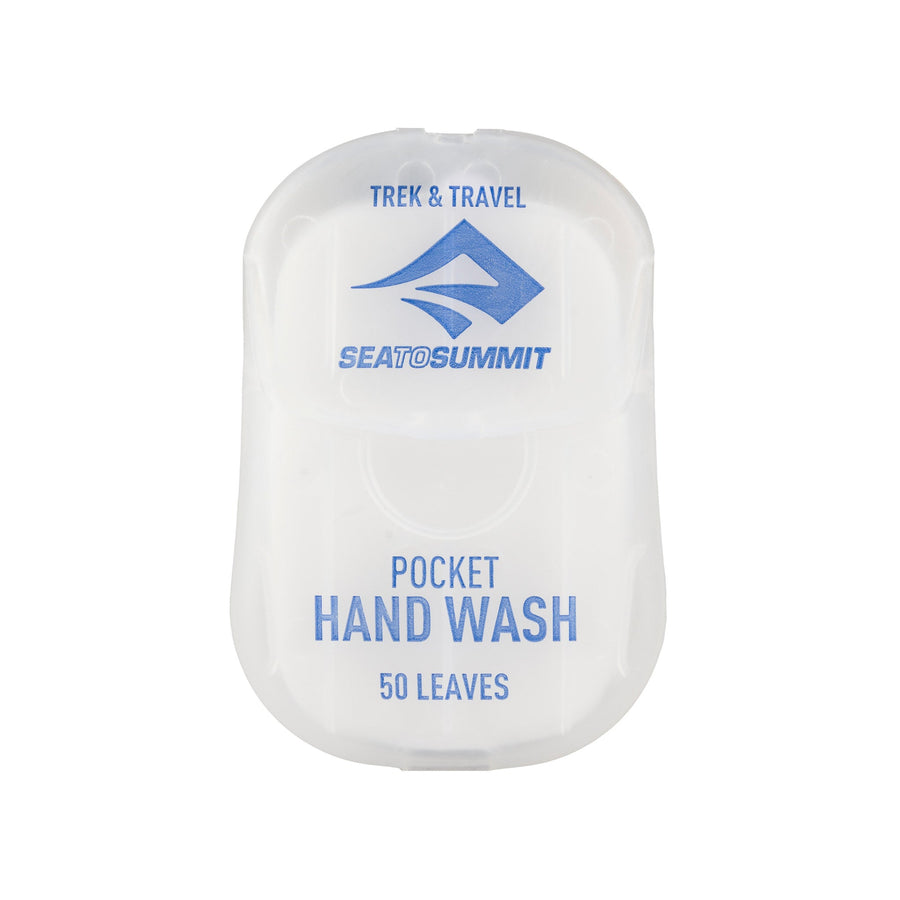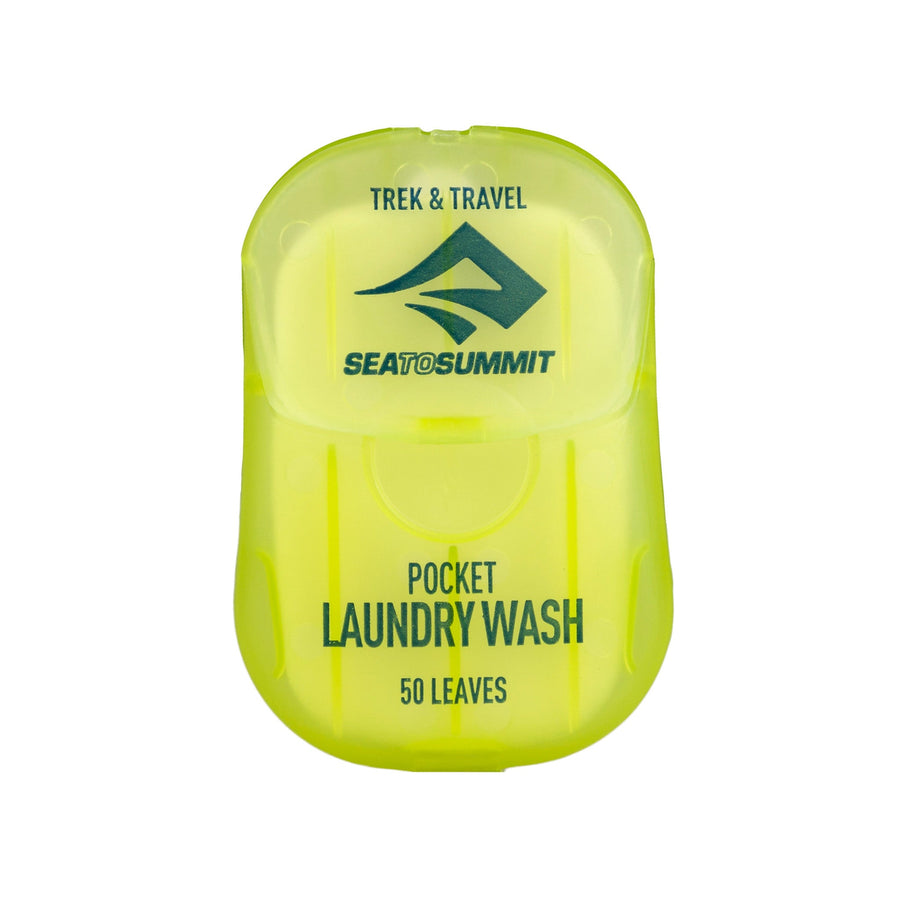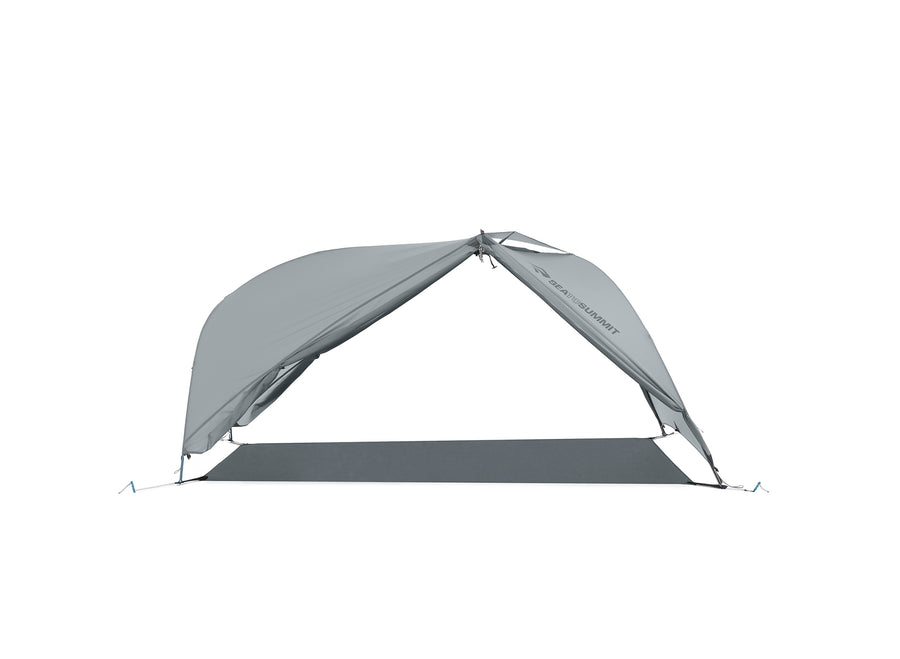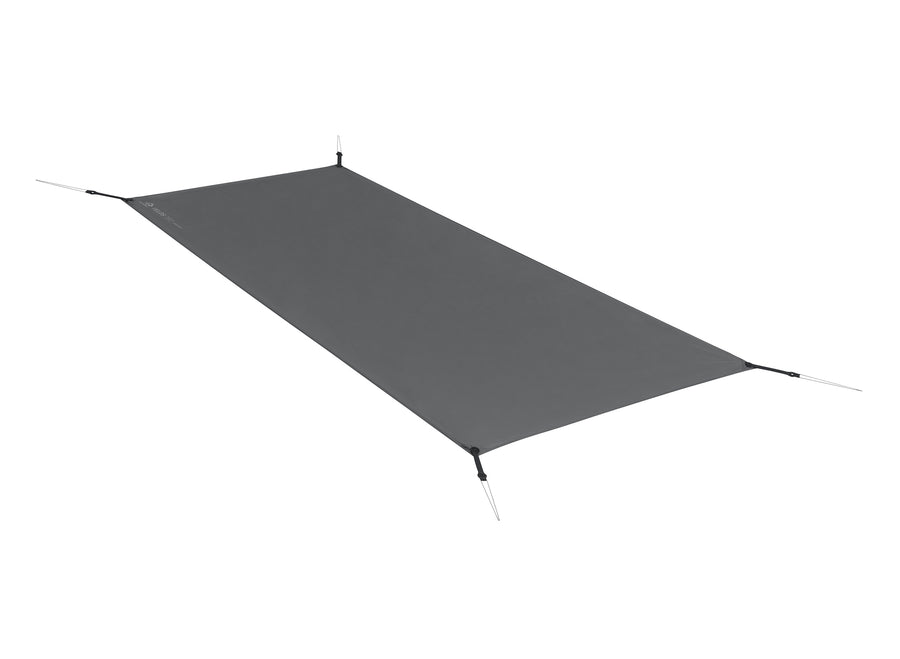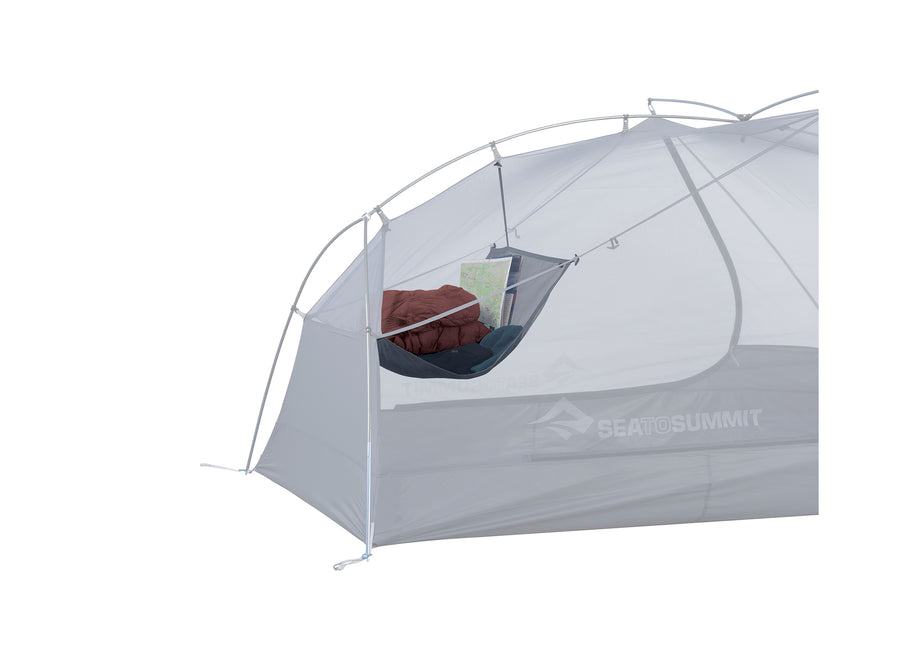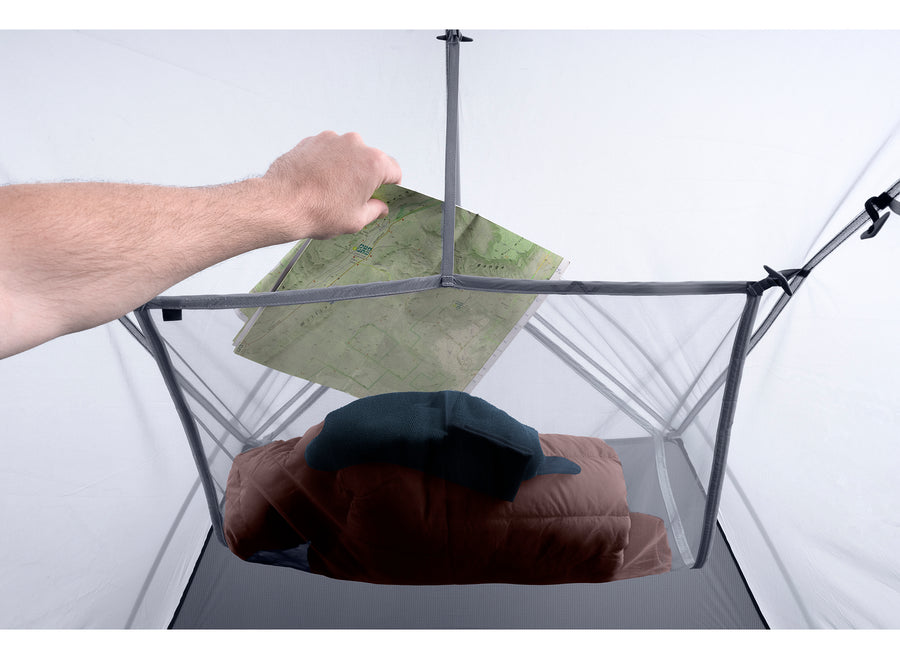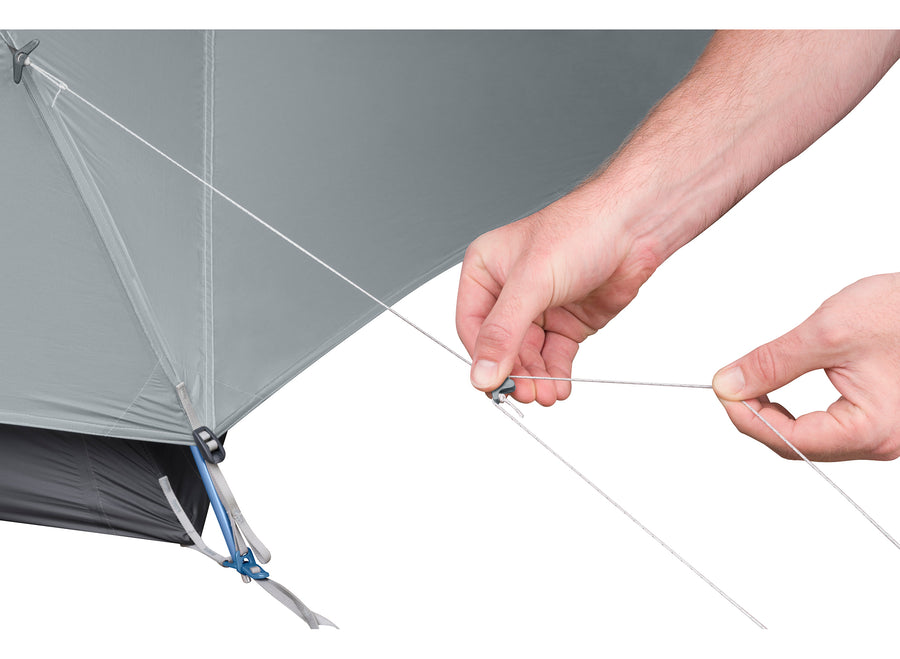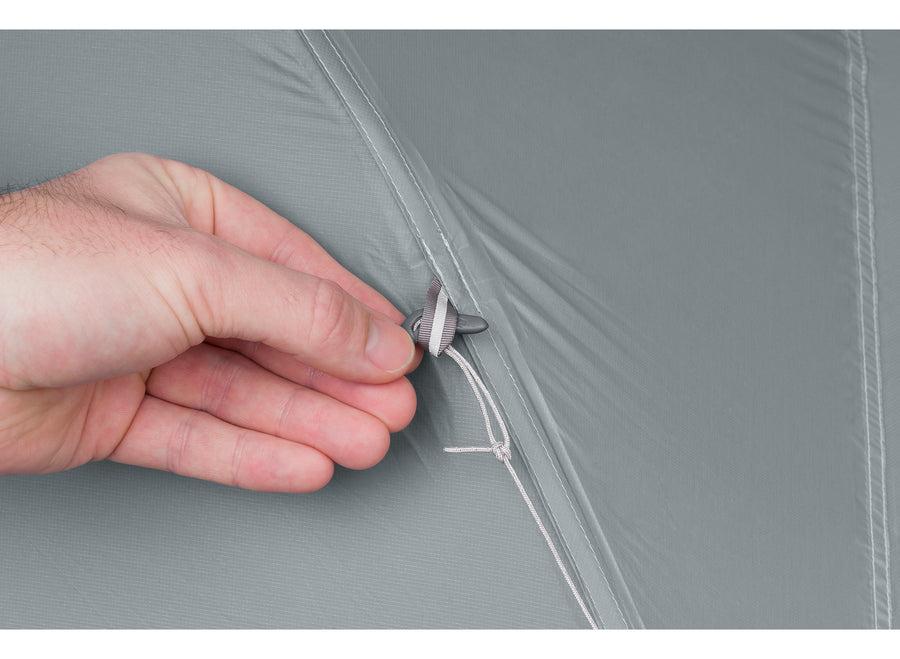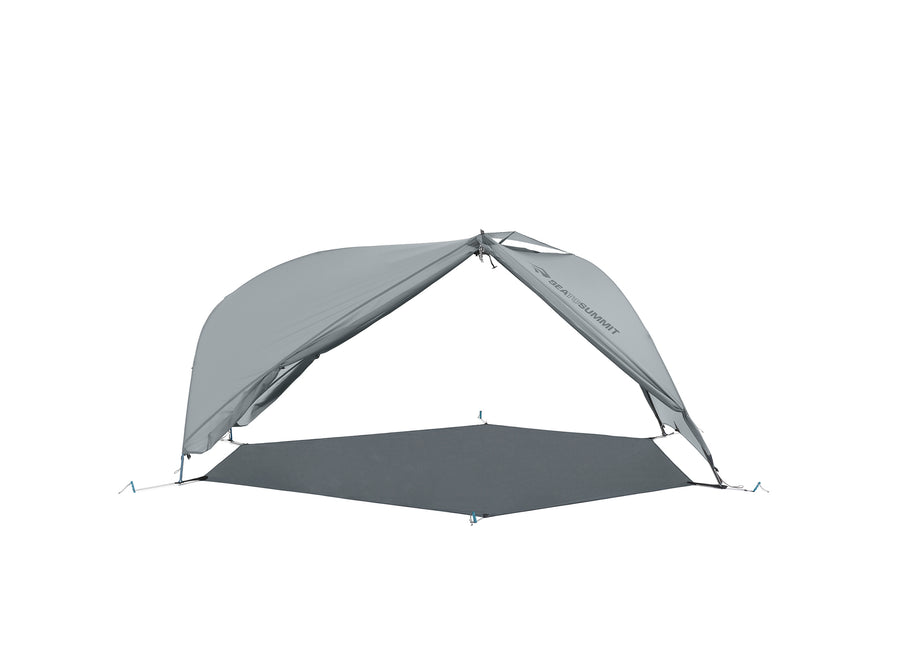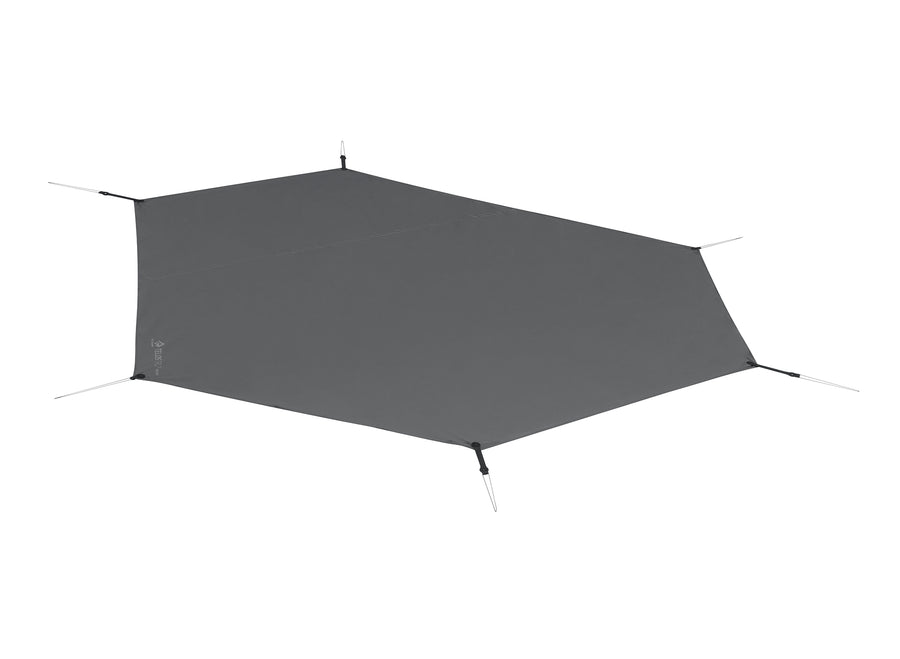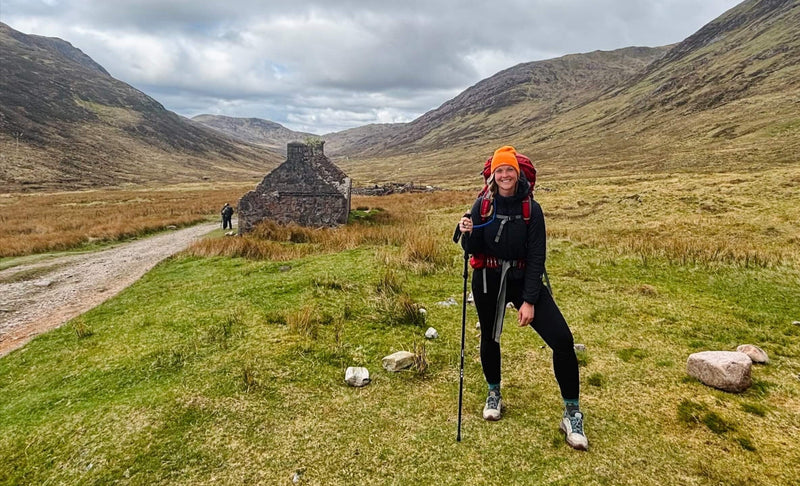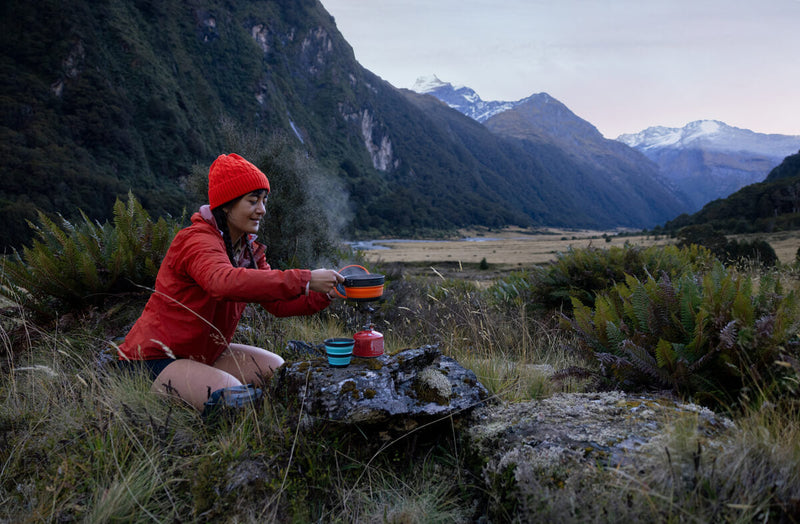Stopped in Our Tracks
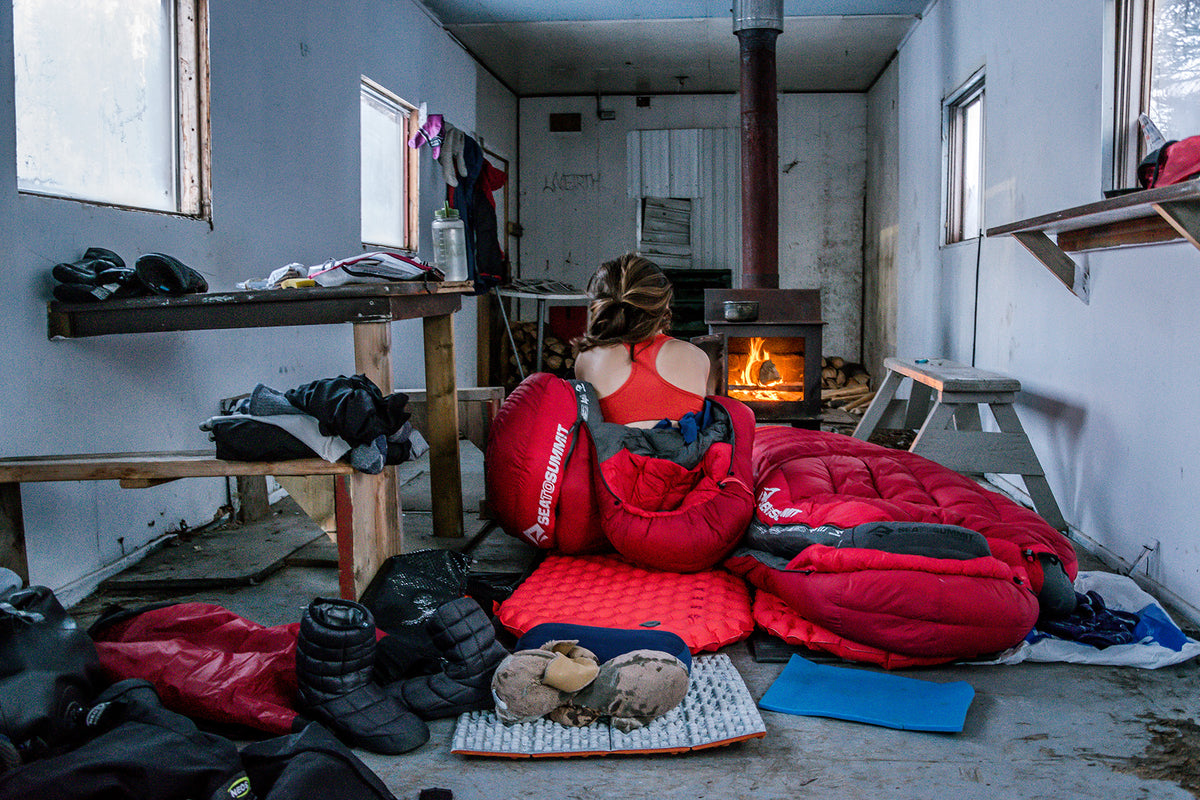
Zoë and Olivier—known to their online community as WeLeaf—have spent almost four years on an ambitious human-powered global adventure. So what happens when you’re living off the grid when a pandemic hits?
There are no roads where we are. The Lower North Shore of Quebec, Canada, is an isolated area—no cities, no hospitals, no supermarkets and no roads. We got here by skis, over frozen lakes, sea ice and white hills. In the summer, there is a ferry but right now a snowmobile route called the White Trail is all that connects the local fishing villages. For the rest of winter it can only be traveled by snowmobile or by foot or ski.

THE DAY THAT CHANGED IT ALL
Eight days of skiing—that’s all we have left of our three-month trip along the White Trail. We feel a little melancholy because the time has gone so fast over the last few months. It feels like we just started two weeks ago.
Before we finish the last stretch towards our goal, we’re going to spend a couple of days with our friends in their weekend cabin. To get there, we will travel 15km across the frozen bay. We will spend the weekend cruising around on snowmobiles. We will be blissfully disconnected from the internet the whole weekend.
We know the coronavirus is making its way into Canada, but we feel carefree—and are looking forward to another day on the skis.
‘There are zero cases of coronavirus on the North Shore, but the fear has already arrived. People feel fragile in small towns like these, far away from any medical help. They’re right to feel that way.’

Once we re-enter the village of San Augustine, we connect to the WiFi—and see many, many Facebook messages. Zoë checks her last post—where she thanked the people of the Lower North Shore for their hospitality and a beautiful culture—and under it is 150 responses. Our smiles soon disappear.
People are mad. STAY AWAY from the Lower North Shore, they say. Go home. You shouldn’t be here. You are a danger to all of us. You will spread the virus. You are dumb and the people that host you even dumber. You are so selfish. Zoë cries while she scrolls through them all. Our host Lucie also cries. The coronavirus was far away for a long time and nobody thought it would affect this remote area, but now it has hit us square in the face.
Two days from now, the province of Quebec will go into lockdown. There are zero cases of coronavirus on the North Shore, but the fear has already arrived. People feel fragile in small towns like these, far away from any medical help. They’re right to feel that way.
The Facebook post is a warning of things to come. People don’t feel very comfortable hosting us or even having us around. When the upcoming restrictions take effect, we won’t be able to leave the area. We realize our ski adventure is over. Even with eight days left, that’s eight days too many.
One day is all it takes to stop us in our tracks.
We don’t have much time to be sad—decisions have to be made. Uncertainty and doubt make us very uneasy. Quick decision-making helps a lot—and we’ve gotten very good at it on our round-the-world trip.
‘This may be the first time we’ve had to isolate but it isn’t the first time we’ve had to readjust our plans. When you spend four years on the road, the unexpected is just part of the trip. To reset and adapt is part of that life.’
ADVENTURE TRAILS ARE FULL OF OBSTACLES
This pandemic may be unprecedented, but we’ve experienced life changing setbacks on the road before.
About one and a half years ago in South America, Zoë had problems with her period. After several hospital visits, in Ecuador they discovered a tumor on her ovary. Luckily, it was benign, but it had to be removed all the same.
Quick decision: we go home for the surgery. Naturally, we were disappointed—we were in the middle of our world trip, just about to head to Mexico, where we would have spent Christmas with my parents, who were flying over.
It took us two years to get to that point. We traveled twenty thousand kilometers on human power, and in one day we were back home. We also knew then what we know now—we would continue our trip. Setbacks are part of life, and this world trip is our life.
‘There’s plenty of fear in the world right now, but slowly we will re-discover the freedom of being outside—and the happiness of meeting people again. We’ll appreciate what we can do again and value what we have missed.’
SETBACKS CAN OPEN DOORS TO NEW OPPORTUNITIES
Our unexpected trip back home meant we had a lot of time to prepare the next part of our adventure. We became more ambitious and made bigger plans than we had before. We had time to improve our website, write many stories, work on sponsorships, do outdoor workshops and photography courses. Last, but not least, we spent a lot of time with our family and friends—time we had missed those previous two years.
During our worldwide adventure we had learned to value time. Every minute in life is valuable and only we can decide how we use it. We learned to appreciate every moment, or at least try to make the best of it.
Zoë suffered a complication during the surgery and had to go back for a second one. We had to cancel our flight back, losing yet more money. But our hunger to re-start the adventure only grew bigger. We spent almost four months at the homes of our parents. This sounds like a long time but it passed in the blink of an eye.

ADAPTABILITY DURING ADVERSITY BUILDS RESILIENCE
Like everybody else, we don’t know how long the Corona crisis will last, but we know we will make the best of it. No matter what, we will continue our trip—even if takes four months or more before we can continue.
The first month of lockdown might be an adjustment. There’s plenty of fear in the world right now, but slowly we will re-discover the freedom of being outside—and the happiness of meeting people again. We’ll appreciate what we can do again and value what we have missed.
We’ll soon come to realize three important lessons:
1. CHALLENGES MAKE US ENJOY THE BEAUTIFUL MOMENTS MORE
The sun feels so much better after a rainy day on the bicycle. A paved road is a blessing after a rough dirt road. A shelter with a wood stove feels like a five-star hotel after a couple of -30°C nights spent in a tent. We like physical challenges on our human-powered trip, and unexpected obstacles are expected. Obstacles are more than a closed road or a river without water, sometimes they’re a complete change of plans. The faster we accept this, the more we enjoy the situation and focus on new plans.
2. THE GREATER THE CHALLENGE, THE BIGGER THE NEED FOR FLEXIBILITY
We won’t be able to finish our ski adventure but we are able to start new adventures. It might take months before we can live outdoors but we know it will happen. We just have to be patient and appreciate what we have right now—lots of time and good health.
3. THE CORONA VIRUS WON’T BE THE LAST OBSTACLE IN OUR TRIP AND OUR LIFE
But every obstacle we overcome makes us stronger and provides an opportunity to reset our perspective. On the same day that we had to stop our ski adventure, Olivier’s grandmother passed away, not because of Corona, but a muscle disease. Our ski adventure just doesn’t feel important anymore.
Back in Canada, our first decision is this: the coronavirus isn’t the end of the road, just a detour.
We also decide not to travel home but we do decide to leave the small village and find a place in Quebec to pause together, with the rest of the world. This may be the first time we’ve had to isolate but it isn’t the first time we’ve had to readjust our plans. When you spend four years on the road, the unexpected is just part of the trip. To reset and adapt is part of that life.
The moment we realize that we might be stuck in Canada for a couple of weeks, so many opportunities start popping up. We only need to find a place where we’ll feel comfortable and at home for a while.
The negative responses to our Facebook post were hard to see, but we’ve also received a lot of warm messages from our previous hosts. They’re all worried about us—and invite us into their homes for an indefinite amount of time.
We take one of the last small planes flying out of the area and return to the city where we started our ski trip two months ago. Our hosts realize that this situation might last for many, many weeks, but they’re so happy to help us and be our surrogate parents for as long as it takes.
While our hosts, Denis and France, are waiting for the snow to melt, we’re enjoying every moment that it remains. After a week in lockdown, we decide to build an igloo. They think we’re crazy but we take the unexpected opportunity. It took us two days to complete the igloo—and of course, we had to test it—so we slept one night inside.
‘We would never have had time to build an igloo on our ski trip,’ Olivier laughs.
ABOUT WELEAF
Olivier and Zoë (aka WeLeaf) left their homes in Amsterdam on September 2016 for an indefinite world trip. They’ve traveled more than 35,000km so far by human power alone. They’ve cycled to the end of the world, all the way through South America, hiked 1000km on the AT and paddled the Northern Forest Canoe Trail—and there is always a new leg, and new mode of transport, being added to their journey.



